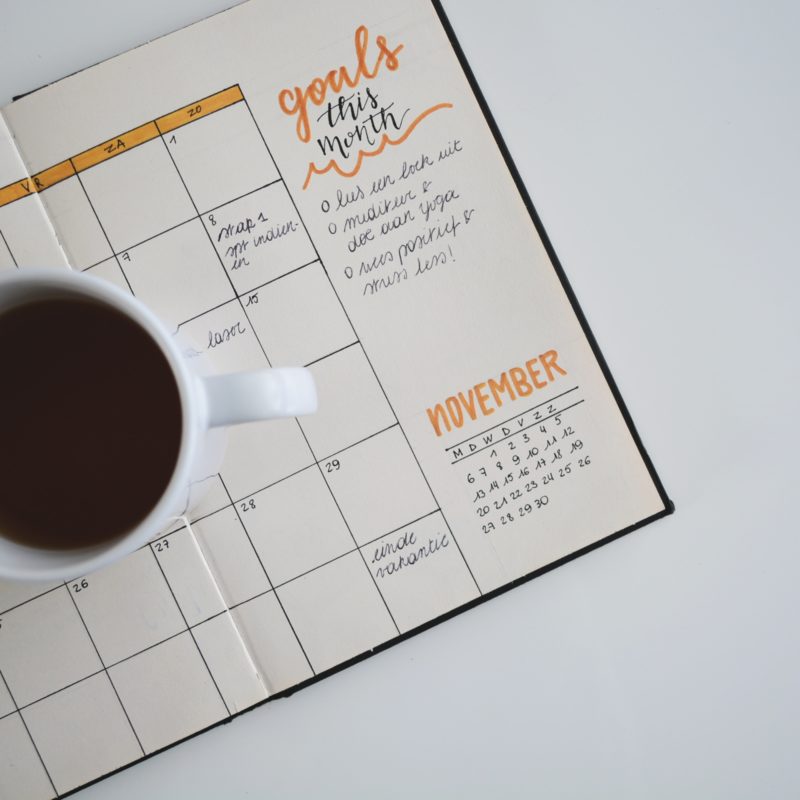The way forward is found on a path through the wilderness of the head and heart---reason and emotion. Thinking, knowing, understanding.

To understand our ability to thrive, adapt, survive and flourish, a deeper of understanding of our heart is needed. This is both from a physiological perspective and from the symbolism of the heart in terms of our connection with others - our sense of acceptance (relaxation of the heart), as well as excitement, wonder and desire (excitation of the heart). These systems are intertwined mechanistically within us.
When we are very young, our caregivers play a major role in our ability to slow down our heart in order to help us regulate and restore our internal organs. They do this through attuned nurturance - which carries with it specific frequencies from the voice, face, hands and body movements, smell and other subtle frequencies. They also help us feel motivated, open and excited to explore the world around us. They do that through certain types of eye gaze, play and a variety of other frequencies that activate openings of blood flow to skeletal muscles and speeding up of heart rate. All of these various states are also associated with different neurochemicals (for example, oxytocin for bonding, serotonin for status, dopamine for drive and motivation).
A key connection to so much of our understanding of human behavior is through the heart. Its rhythms link with how we feel. And how we feel is a critical factor of what we will do next. How we feel internally drives both our conscious and unconscious behaviors. Our heart and how it slows down or speeds up is intricately connected to how we move, what we pay attention to, what we decide.
A major influence of our heart's activity is related to our social bonds. This is on a moment-to-moment basis, and is linked to deeper traumas, catastrophes and emotional stress. For example:
- a heart condition that can result from losing a loved one can cause an outpouring of adrenaline and abnormal contraction in the left ventricle - this is known as Takotsubo cardiomyopathy (named after the Japanese trapping pot for Octopus that resembles the heart)
- High social connectedness may be associated with better outcomes after stroke
- By contrast, reduced social interactions caused by panic and anxiety disorders have been associated with reduced parasympathetic tone, a known contributor to cardiovascular disease risk.
As much as our brains are part of our experience, our hearts convey massive amounts of data that are critical to our optimal functioning. As I continue to do research for my book, I am seeing connections between how our hearts affect the rest of our experience and wellbeing -and how our hearts are affected by our social connectivity and perceived ability to cope with stressors*.
*perceived ability to cope is an profoundly important factor in our behavior and reaction - I will address this in an upcoming article
Pay attention to what your heart is doing. See what happens as you draw your conscious attention to it at various points throughout the day. Find ways to activate and excite your heart, as well as calm it and slow it down. Notice how your heart feels when you share yourself with someone - does it feel open, free and safe to beat in its own natural rhythms? Or is there a feeling of being defensive, tight, censored? These vibrations are telling you something. Listen. Learn its patterns. The better you get at doing this, the more you'll understand what your heart is telling you and what it needs to find rhythms that align with you uncovering your highest potential for love, strength, clarity, presence and contentment. It's not a coincidence that there are so many quotes through the ages that involve the heart.



